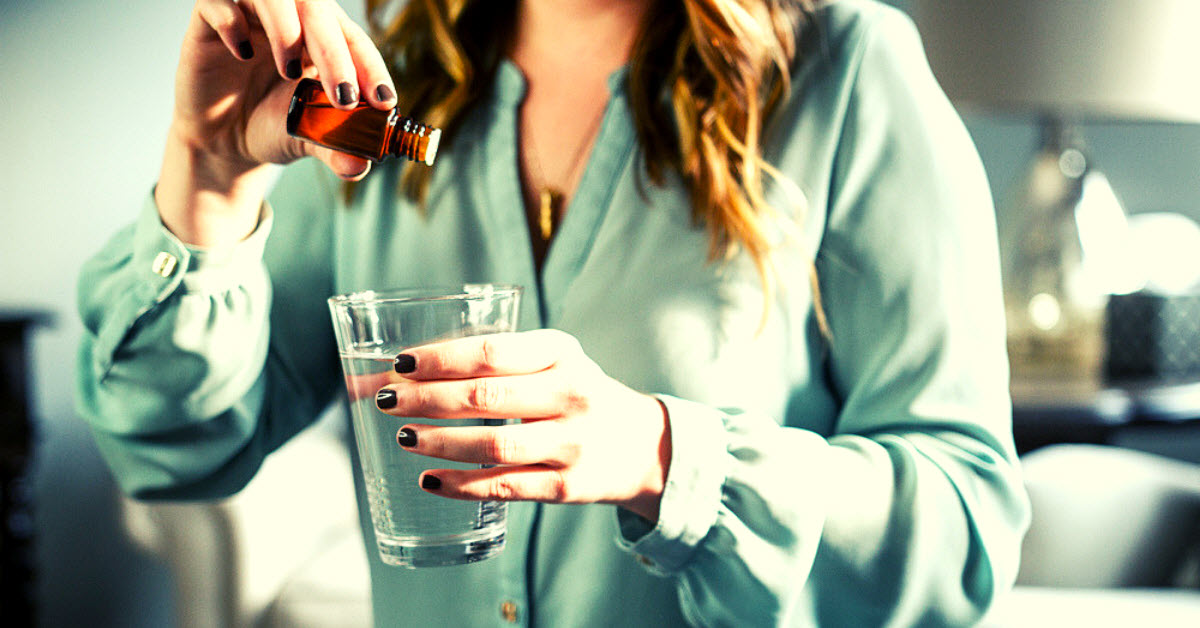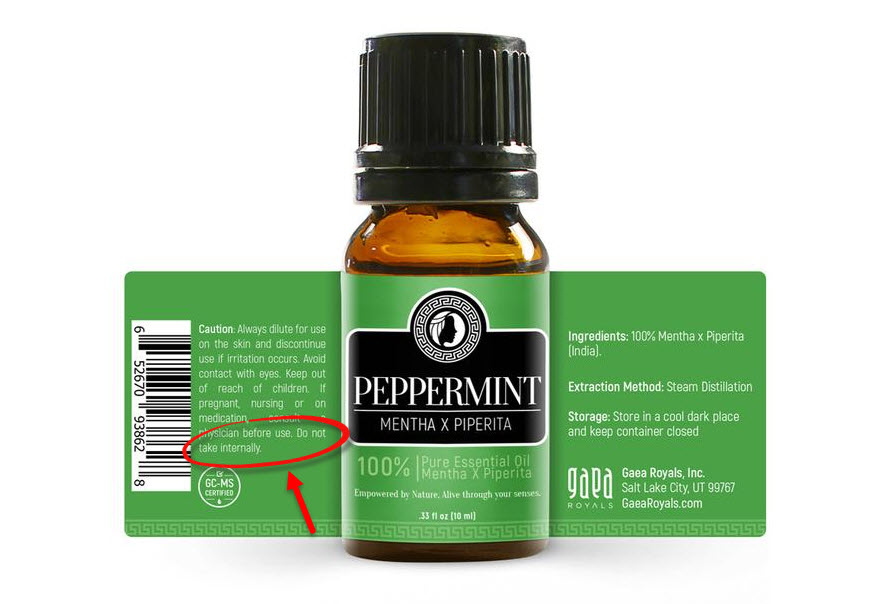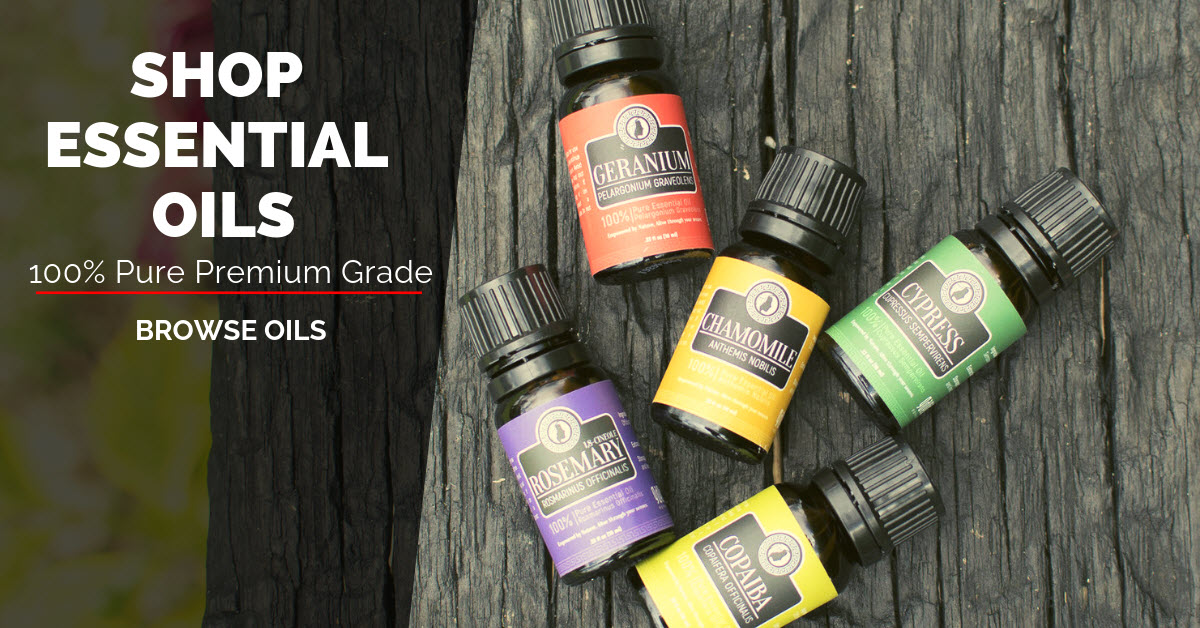Ingestion – the elephant in the room.
There’s a lot of talk in the essential oil community about ingestion, it is perhaps one of the more controversial topics of late. It would be remiss of us not to address this topic. Let’s talk about the elephant in the room – the ingestion of essential oils.
The question about whether we can or can not ingest essential oils is not the question we should be asking, because we do in fact, to some degree ingest essential oils in our everyday foods.
In fact, the largest users of essential oils are the food and flavouring industry. The oils they use, however, are generally altered to reduce some of the more volatile components, that is they are generally deterpenated oils.
The oils are used in everyday products like soft drinks, candied lollies and so much more. The amount used is a key thing to note, they are used parts per million; meaning that only tiny, tiny amounts are ever in one product you consume.
The question we should be asking is “Is ingestion a safe and effective method of using essential oils?”.
So, why the big controversy then?
The controversy has many layers – purity, potency, generally regarded as safe (GRAS) status, and biology among other things. We could seriously write a 10,000 word thesis on the subject, and it’s complexity because it is truly a complex way of using essential oils.
So, let’s get to some of the simple basics.
Potency of essential oils
As we know, essential oils are potent. They are created from large amounts of raw material to produce one small bottle of oil.
It is said to take between 30-50 roses to produce a single drop of Rose Otto Essential Oil. One drop of essential oil could be equal to large amounts of the actual plant like Basil or Oregano.
We simply don’t consume that amount of the raw material.
We would be sick if we did.
So why would be willing to have something so potent enter our bodies? Why take the risk?
It is also important to note that the vitamins and minerals contained in the raw material doesn’t come across in the distillation process so there is no nutritional value in ingesting essential oils.
Quality matters
Everyone talks about the importance of pure and authentic essential oils. We only want to use pure oils in the air to inhale, and on our skin, so if you are going to ingest then quality essential oils, pure and authentic ones is key. But because they are so pure and authentic, that means that they also have the potential to harm, to become toxic to our systems. Even in small amounts.
But wait, my oils are regarded as safe…
Government authorities have designated a status to some essential oils saying that they are generally regarded as safe. This status is known as GRAS. Many people assume that GRAS means they can be ingested safely because of this status. In fact, the status means that they are generally safe for use as their intended purpose, that is as for the food and flavouring industry; and at the amounts used by that industry, parts per million.
Salvatore Battaglia summed it up nicely in the new edition of his book, The Complete Guide to Aromatherapy. He says that just because an oil has GRAS status it doesn’t mean that it is safe to use in aromatherapy or safe to ingest.
Not all essential oils have GRAS status, so ingesting ones that don’t have that status could be extremely dangerous and toxic to your body. It could induce a seizure, a coughing fit, nausea, vomiting, or in extreme cases a coma. Essential oils can also interact with medications you might be taking, and may render them invalid, which could in turn make you more sick.
What happens when I ingest essential oils?
When we ingest essential oils the body changes the chemical makeup of them. This is why we need an understanding of pharmacokinetics and pharmacodynamics.
Pharmacokinetics relates to what the body does to a drug or essential oil, including how they are absorbed and metabolised into the system. Pharmacodynamics relates to what the drugs and oils do to the body.
Since most of us don’t have this level of knowledge and understanding, we can never be really sure of what the reaction to ingesting essential oils will be.
What about the labels?
Ethical and responsible providers of essential oils write on their bottles not for ingestion. This does not mean that they quality is inferior or not 100% pure. They are doing so out of safety for their customers. They are being responsible providers. They are part of the growing voice saying that ingestion should be only done under the guidance of a qualified practitioner.
Ummm, isn’t there research that says it’s ok?
Yes, yes there is.
There is a growing body of research that suggests ingestion may be useful in treating many medical conditions. There is evidence to suggest that ingesting peppermint essential oil may be useful in the treatment of irritable bowel syndrome (IBS). Or that ingesting lavender essential oil may be useful in alleviating sleep issues. There are even commercially made products available in the marketplace that uses these oils in their products.
These products, however have been carefully crafted by chemists and pharmacists, using quality oils and excipients, created in safe and hygienic facilities under strict guidelines. And the dosage levels are minute. It certainly isn’t a drop here and a drop there. Each oil, each ingredient is carefully weighed and measured to ensure it is safe to use.
Are all these conditions something you can do at home? I’d suggest not. People doing oils in a capsule at home are not using or following good manufacturing practices, they aren’t weighing the oils, and calculating them to strict guidelines. Good manufacturing practices are an important factor in the preparation of products intended for ingestion.
Professional advice
If you believe that ingesting essential oils is an area that you’d like to explore, discuss with your primary health care professional or an appropriately qualified aromatherapist who is trained in aromatic medicine.
Make sure they aren’t following a recipe, but are creating a product, safely and efficaciously, that meets your individual needs – taking into account your body type, your metabolism, your health issues and concerns, and your current medications. Only after they meet all these points, should you consider ingestion.
Summing it up
In short, using essential oils internally is a complex subject area and not one that should be attempted by the at home user. Experienced aromatherapists avoid doing it because of the complexity of the subject. It really is an area that should only be done under the direct guidance of a trained aromatic medicine practitioner.
If a family member of trusted friend or even a medical professional advises this method, question it. You really need to ask them what level of training they have had specifically relating to the ingestion of essential oils. Ask them if they have insurance coverage should anything go wrong.
Quality matters.
Potency matters.
GRAS status gives us an indication of what oils are generally regarded as safe, but that doesn’t mean the quality is there, or that they aren’t toxic if we ingest them without proper individual instruction
To Summarize:
- Please treat your essential oils with the care and respect they deserve.
- Use them with considered thought
- Remember that GRAS status does not equal quality
- Know that companies that write “do no ingest” on their bottles are doing so for your safety
- If you are ever in doubt, speak with a professional who has done the training, who understands the ins and outs of the subject, and one who is able to advise you on the safest, most effective method of using them.
Read more:
References:
Battaglia, S (2018). The Complete guide to Aromatherapy: Volume One Foundations and Materia Medica; Brisbane, Black Pepper Creative.




Informative read thank you